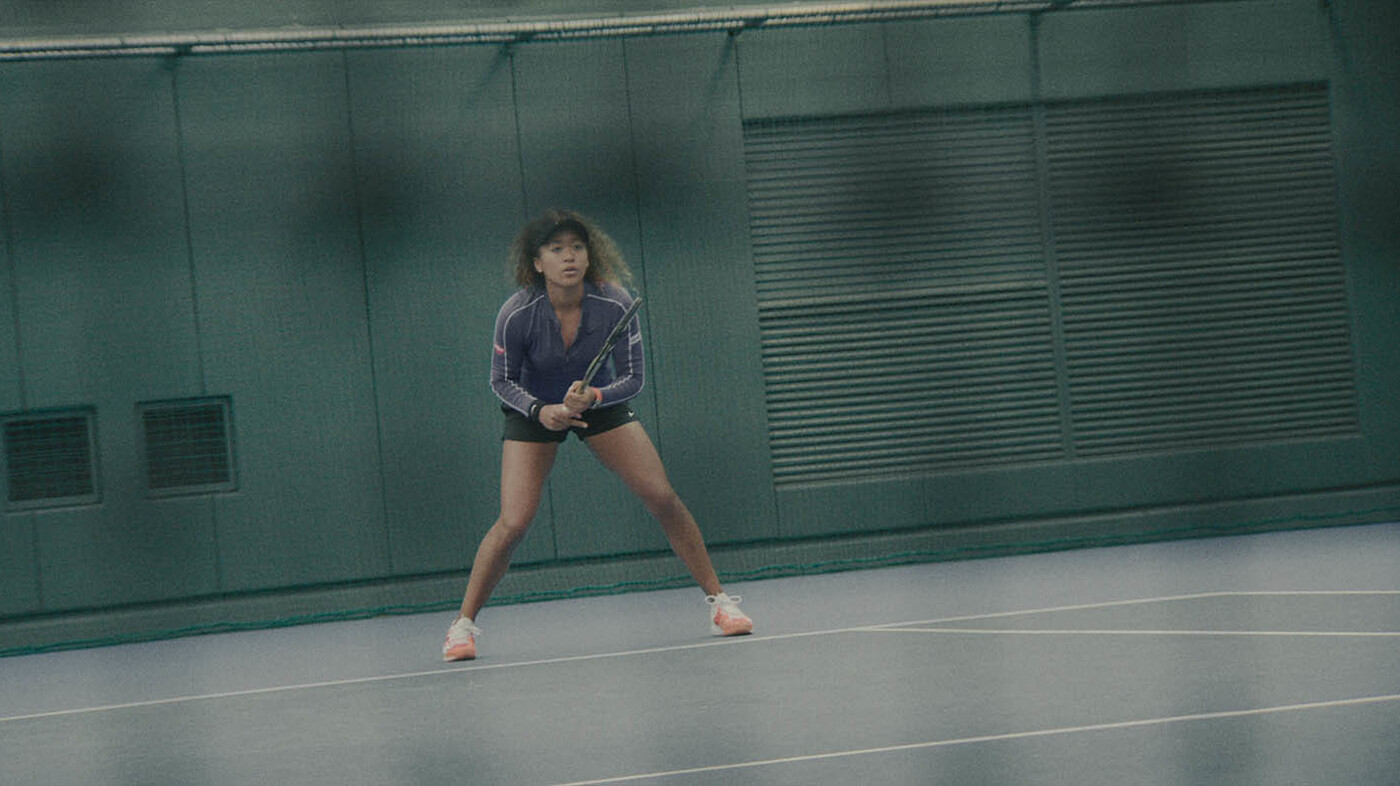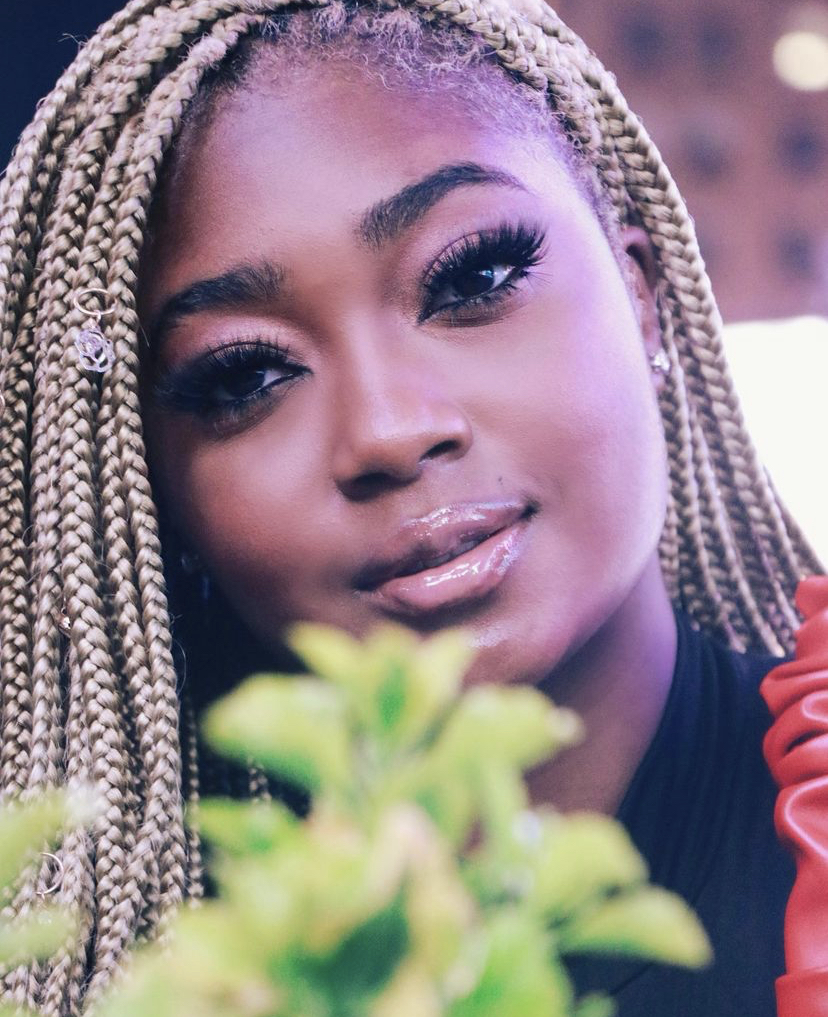

“So many people have told my dad that I’d never be anything,” Naomi Osaka reveals at the opening of her self-titled Netflix documentary. In an earnest rebuke of her former critics, Osaka calmly quips, “I just started writing a list of all the historic things that I could possibly do and being the first Japanese person to win a Grand Slam was at the top of the list.” With grit and gravitas, the 23 year-old tennis phenom has eclipsed the dreams of her formative years and is now looking to conquer a new feat: navigating the cumbersome weight of being an international champion.
In the three-part installment, produced by NBA all-star juggernaut Lebron James, we are introduced to Osaka’s edgy stillness — two polarities that she wrestles with throughout the two years that the cameras follow her most intimate moments. As the soundtrack lilts with angst, the docuseries’ launches with the reserved star battling her very-own heroine Serena Williams in what we know now to be one of the most historic and heated matches of the sport. As Williams contentiously faced off with the umpire, the then-20-year-old historically clinched the match as the first Japanese player ever to win a Grand Slam title. But even in her victory at the 2018 U.S. Open, she weeps for the Williams’ defeat. The moment was a critical testament to her endearing empathy and a foreshadow of her own battles to come.
We see this reticence for the spotlight yet again while she simultaneously crafts her brand, appearing at runways in the stylings of Law Roach, placing photoshoots with top companies, and joining Ellen DeGeneres on her once-adored talk show. And with this winning streak, her fame is rocked by personal loss and sacrifice: lamenting the absence of her family; grappling with the worries of perception; grieving the loss of her long-time mentor Kobe Bryant. In a candid confession, she tells her iPhone camera, “I’m feeling like I let him down. I’m supposed to carry on his mentality in tennis, but here I am losing these matches because I’m mentally weak. Now, I’ll never have the chance to talk with him again.”
And in her sorrow, there’s the discovery of the duality of her existence. In two hemispheres, she’s a superstar as a biracial child of Haitian and Japanese descent, but with this notoriety comes the internal question of where she fits in. Luckily, in glint of hope for her worries, Osaka finds security in her voice as a silent disrupter on behalf of injustice. With the support of her rapper and activist boyfriend Cordae, she leverages the power of her platform to honor the lives lost to police brutality and asserts the relevance of politics in the arena.
In retrospect to Osaka’s recent media frenzy, the docuseries is a timely masterpiece. We witness the emotionally-exhausting battles that were oft-hidden behind her shy grin and the humble beginnings of Osaka’s subversive move to defy the notions of the sport’s old guard. Most of all, in her own words, “nobody really knows all the sacrifices that you make.” For an unprecedented stature in the legacy of women’s tennis and for her family’s legacy, she’s exchanged the normal experience of early twenty-somethings for ungodly hours on the tennis court and relentless anxiety. As viewers watch Naomi Osaka and explore the inner strife of the world’s famed tennis star, the brief revelation of who she is behind her gilded lifestyle offers us a lens of compassion.














